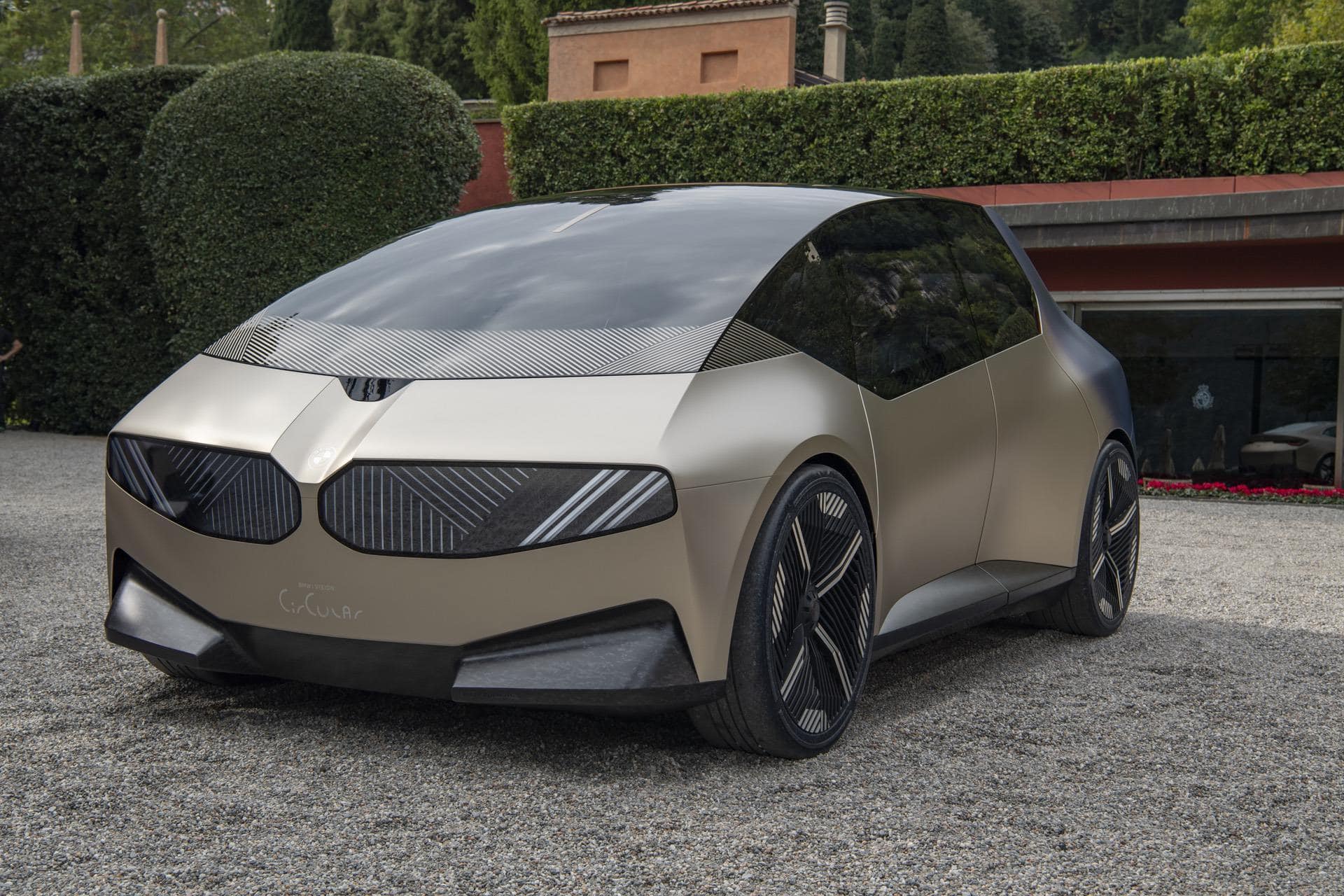Since the discontinuation of the distinctive i3 in mid-2022, BMW is currently without a genuine entry-level electric vehicle (EV). Although the i3 name has been repurposed for a long-wheelbase 3 Series Sedan manufactured exclusively in China for the local market, this vehicle does not feature a combustion engine. Additionally, the i Vision Circular, pictured here, showcased a compact zero-emission hatchback. However, it was not intended as a preview of an i3 replacement. Rather, the concept aimed to highlight the reuse of materials for enhanced sustainability.
Consequently, those seeking an affordable electric car from BMW will have to wait, as the iX1 will have to suffice for now. However, there is a setback as BMW has decided against bringing the combustion-free crossover to the United States. Meanwhile, the i4 eDrive35, with a starting price of $51,400, does not fall into the affordable category. In an interview with CNBC, BMW’s CEO, Oliver Zipse, candidly acknowledged the pricing challenges of electric vehicles.
Speaking at CES 2023 in Las Vegas, where the i Vision Dee was unveiled, Zipse cautioned that “electromobility will never be cheap.” However, he expressed optimism that prices will decrease once BMW can scale up EV production. The launch of the i5 later this year, followed by the iX2 in 2024, will lead up to a significant milestone in 2025 with the introduction of the Neue Klasse. This dedicated platform will debut with an i3 Sedan and the next-generation iX3.

In addition to producing NE-based cars in Debrecen and Munich, BMW plans to invest $1 billion in Spartanburg to manufacture at least six electric SUVs by 2030. These models are likely to be positioned in the higher price range, as the South Carolina factory does not currently produce the X1 and X2. Cheaper EVs are expected to be produced elsewhere, and unconfirmed rumors suggest that production of an i1 hatchback may commence in Germany by late 2027.
BMW projects that by the end of the decade, half of its annual sales will be represented by purely electric vehicles. In 2022, EVs accounted for nearly 10% of all BMW deliveries, reflecting the brand’s commitment to sustainable mobility.
